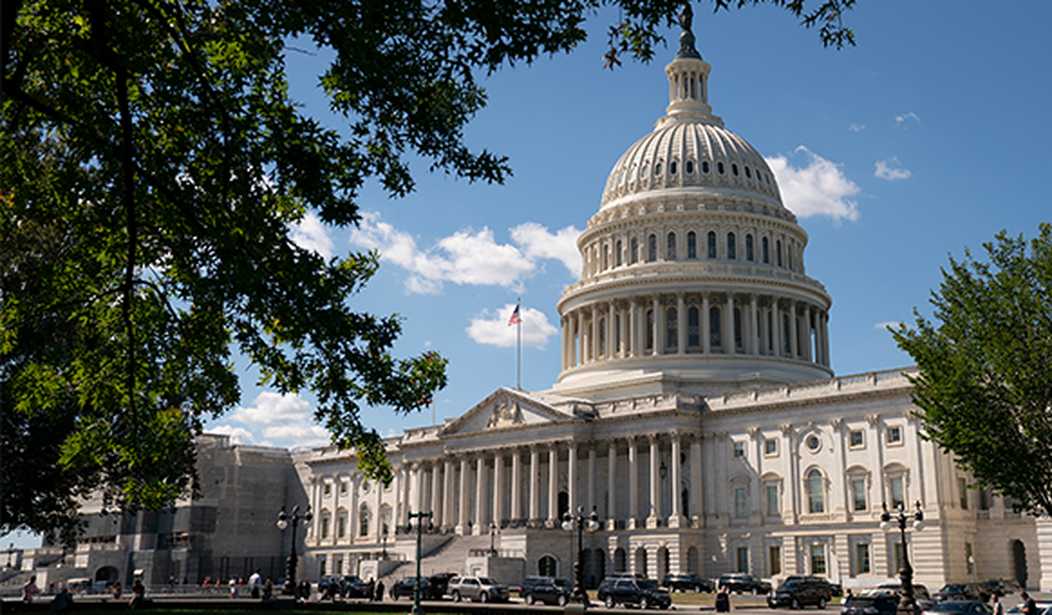The U.S. Census Bureau recently released the results of last year’s Census and shared the news that my home state of North Carolina will be getting a 14th seat in Congress. It’s a welcome bit of news that we’ll soon have another voice in Washington, D.C., but more importantly, it provides an opportunity to re-evaluate what exactly it is we want from our representatives in Washington and how they can finally take meaningful action to help the people they represent.
It’s no surprise that Washington isn’t particularly productive; simply put, Americans are fed up with Congress. Approval ratings are consistently below 30 percent, and, despite a bump earlier this year, those numbers are dropping once again. People are tired of the partisan fights, the exhausting and ineffective lack of action, and the feeling that their interests aren’t really being heard on Capitol Hill.
A lot of those problems can be tied back to one thing: party primaries. Turnout in these elections is infamously low, and generally only attracts voters who are most in-line with the party’s platform. But, given how many seats are safe or uncontested – more than 80 percent of House districts are currently considered safe for one party or the other – the party primary is the deciding race (which means the general election doesn’t matter). So, if we want Congress to start legislating for all constituents and not just the people voting in party primaries, it’s time for change.
In my home state of North Carolina, this is especially apparent. Voters need to register as a member of one of three political parties (Republican, Libertarian, or Democratic), or register as an “unaffiliated” voter. Voters can only vote for candidates on their party’s ballot, and even unaffiliated voters must choose a single party’s ballot for their vote.
Recommended
The product of this broken election system is elected officials who only care about pleasing a narrow slice of hyper-partisan voters who can help them win a primary—and those people remain their bosses once they're in office. That’s why we have gridlock. Despite opportunities for bipartisanship on things like rural broadband access and the bipartisan statewide healthcare panel which the governor started last year, partisan bickering fueled by the fear of getting “primaried” has meant the legislature is months behind on the state budget, nevermind other priorities. It’s time for a change that finally encourages actual action instead of endless debate.
That’s where Final-Five Voting comes in. Final-Five is a new system that tackles the problem of the party primary in two ways. The first way replaces party-specific primaries with a single ballot that includes every candidate whether they are a Democrat, a Republican, or even not affiliated with any party at all. Instead of selecting candidates from a single party-specific pool, voters are free to choose whoever they feel is best to be their voice in Congress.
After the primary, the top five candidates who receive the most votes move on to the general election. There, voters can rank the “final five,” which ensures we have a majority winner. (Healthy competition like this works for the Tarheels and Blue Devils, and it’s high time we apply it to politics.)
With Final-Five, North Carolinians won’t have to pick between the “lesser of two evils” anymore. On top of that, legislators will be free to pursue innovative, smart policy solutions to some of our biggest problems without the fear that they’ll be “primaried” in their next election and instead can be more focused on getting results for their entire constituency. There will be an incentive to solve policy problems before political problems. In a state like North Carolina, where divisive politics are often an even bigger problem than they are elsewhere, this could be a game-changer.
And it’s not pie-in-the-sky reform—it’s actually happening. Just last November, Alaska voters chose to implement a FFV system, and now congressional candidates in the state will have to run campaigns centered around the general election, not the party primary (which literally doesn’t exist anymore). There will be a greater competition of ideas – something that lies at the heart of all successful industries – and voters will ultimately be the ones who benefit.
More states should follow Alaska’s lead, and finally provide the remedy that our current political system needs. It’s time for a change that promotes real competition, innovation, and productive legislation, and that change should start with how our elections incentivize politicians’ performance in their office. FFV can make that happen and ensure that reelection focuses on results.
In North Carolina, we’re excited to have another seat in Congress, but we must make sure the future occupants of that seat can do something with it. It’s past time for a smarter, more efficient government, and this is the perfect place to start.

























Join the conversation as a VIP Member